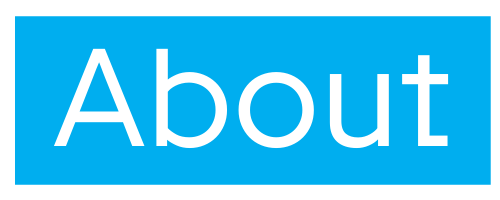Digitisation has changed all aspects of the news media landscape, from the way content is created, to how it is distributed and interacted with. European citizens and journalists are now connected to the largest intelligence network that has ever existed. On one hand, this rich data provides an opportunity for data-driven journalism to explore new stories and to explore large (historical) datasets. On the other hand, the advent of these technological developments generates new challenges for journalists and citizens, such as the easy, prolific spread of inaccurate and misleading information. These issues have quaver the foundations of the journalist profession.
Conceived from this scenario, MediaNumeric aims to educate a new generation of journalists and multimedia makers and gives them the tools to help create a European media ecosystem, that is user-driven, fair and balanced, economically sustainable and technologically advanced. The project will provide students and young professionals in media and communication studies the theoretical know-how and skills needed to embolden them to take on the opportunities of data-driven journalism and media production.
Objectives
As the media and entertainment industries are evolving at an unprecedented rate and turn into early adopters of big data technologies, with data quality, data-driven innovation, and data analysis at their centre, they have come to have specific requirements regarding the skills of their staff. These demands are identified through a state of the art and needs analysis (both building on work executed in preparing for the proposal), and reflected in the composition of the teaching programs of HEIs equipping future professionals.
The training program consists of 4 different modules (1) search and exploration of multimedia data, (2) telling stories with multimedia data, (3) tracking and debunking misinformation, and is (4) complemented with study visits.
(students, young professionals in journalism and communication, academics and researchers with professionals in the creative and media sector, media tech, policymakers) in discussions related to data-driven media analysis and production, fact-finding and source criticism.
The resulting training materials will be packaged and used as online, open-access learning materials, either as comprehensive, integrated courses or as granular modules. These will be largely available to Higher Education Institutes across the EU.
Filling the journalism & media industry needs gap
A new training program
MediaNumeric is developing an advanced training program for Higher Education Institutions specialising in journalism and communication studies, aimed at journalism students and students in communication (3rd-year BA and MA). Based on aggregated expertise, MediaNumeric provides a comprehensive perspective on the most urgent topics in the context of using large multimedia databases for (data-driven) journalism and non-journalistic media production.
In conducting the needs analysis three areas were identified where a skills gap exists for graduating journalism and communication studies students that needs to be filled: (1) exploration of multimedia data, (2) storytelling with multimedia data, and (3) tracking and debunking misinformation. These form the basis of the modules offered in the training program. Each module will present four to six subjects and will be coordinated by the three different academic partners of the project—the teachers involved are not just local educators, they are the best specialists from across the Alliance.
Module 1
- Archival search & retrival
- Big Data & AI in media
- Online repositories
- Trend analysis
- Navigating copyright
- Data & digital tool criticism
Module 2
-Multimedia storytelling (new storytelling formats, etc)
- Automating the news
- Cross-platforms storytelling (multiplatform AV culture)
- UX and graphic design
- Data visualisation
- Video marketing (inclu. YouTube)
Module 3
- Media ethics
- Tracking & debunking fake news
- Social impacts of Journalism & media transitions
- Fake news & deepfakes/ Open source search intelligence
Module 4
The tailored training was executed in the form of a short-cycle program (winter & summer schools) run in three locations in Europe (Warsaw, Hilversum, Paris) that were combined with a number of study visits to professional centres such as archives, newsrooms, etc. The on-site teaching program was then translated into online learning materials freely available for education and training.
1. On-site
- Winter/summer schools for students
- Site visits for students
- Embedding modules in existing courses at the three partner HEIs
2. Online learning with the MediaNumeric Academy
- Online lectures and tutorials on a dedicated Vimeo channel
- Online documents/handouts (Google Docs) with links published in metadata description of Vimeo videos
- Links to slide decks published in metadata description of Video videos
- All materials (videos, slides, handouts) on a dedicated online environment
- Special issue with reflections on all the program modules (and links to all materials) published in VIEW
"Blended Learning"
Throughout, the approach of “Blended Learning” is envisioned: a mixture of online and on-site teaching that is flexible (granular), open-source and easy to use (easy to embed in classroom and publications). Moreover, the flexibility of online tutorials is necessary to capture new trends in industries and technology.

